Religion, oh, just another of those numerous failures resulting from an attempt to popularize art
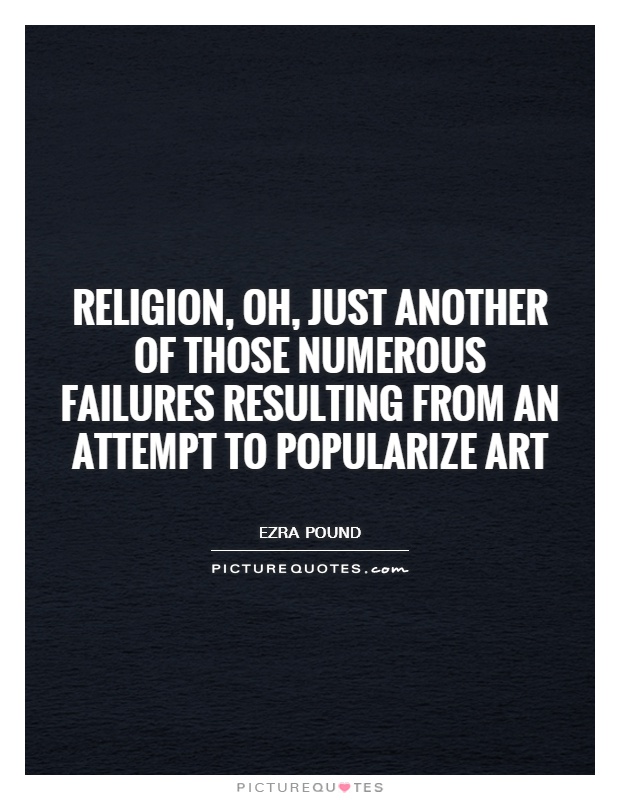
Religion, oh, just another of those numerous failures resulting from an attempt to popularize art
Ezra Pound, a prominent figure in modernist literature, was known for his controversial views on religion and art. In his work, Pound often criticized organized religion as a failed attempt to popularize art. He believed that religion had become diluted and commercialized, losing its true essence and purpose.Pound saw religion as a tool used by those in power to control and manipulate the masses. He believed that the true beauty and meaning of art had been lost in the process of popularizing religion. In his eyes, religion had become just another form of entertainment, devoid of any real spiritual significance.
Pound's views on religion were influenced by his belief in the power of art to transcend the limitations of language and communicate on a deeper level. He saw art as a way to connect with the divine and access higher truths that were beyond the reach of organized religion.
Pound's criticism of religion as a failed attempt to popularize art can be seen in his own work, particularly in his epic poem, "The Cantos." In this sprawling work, Pound explores themes of history, culture, and spirituality, drawing on a wide range of sources from classical literature to Eastern philosophy.
Pound's rejection of organized religion in favor of a more personal and intuitive approach to spirituality was controversial in his time, and continues to be debated by scholars and critics today. However, his ideas have had a lasting impact on the way we think about the relationship between art, religion, and society.


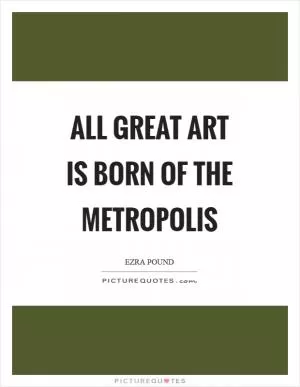



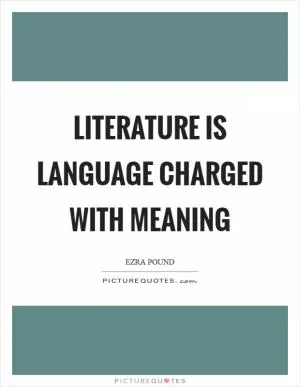

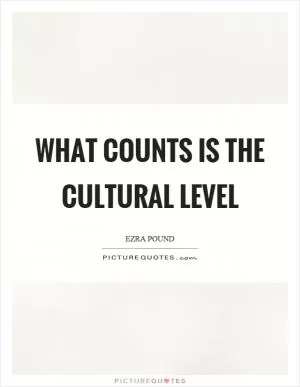

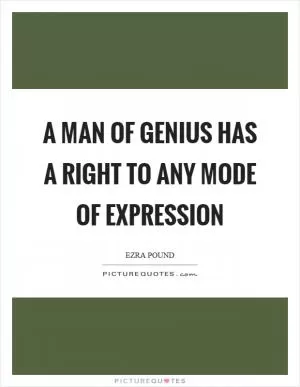

 Friendship Quotes
Friendship Quotes Love Quotes
Love Quotes Life Quotes
Life Quotes Funny Quotes
Funny Quotes Motivational Quotes
Motivational Quotes Inspirational Quotes
Inspirational Quotes